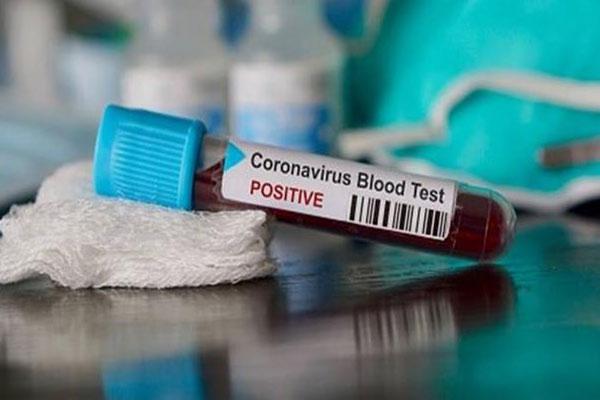It’s not easy to get yourself tested for COVID-19 right now, and what if you test positive for it?
Here is how to proceed safely.
Whether you got tested as part of a surveillance program because you were a contact of someone who tested positive or because you were feeling sick. And knowing that most people with COVID-19 have a pretty mild case, ranging from no symptoms to flu-like symptoms including fever, cough, and chest congestion.
Nearly 80-90% of people have a chance of experiencing relatively minor COVID-19 symptoms.
So do your best to remain calm. Here is expert’s advice on what to do next.
1. Put on a mask
Wearing a surgical mask or N95 mask is highly recommended to prevent you from spreading the infection. If you don’t have a surgical mask, the next best thing is to improvise with a scarf over your nose and mouth.
The goal of protecting your face is to protect others around you from inhaling droplets you give off when you cough or sneeze. This type of transmission will happen within 10 feet of you, so you will want to mask up around roommates and family members if you must be around them.
2. Isolate yourself
If your test results come positive and your symptoms are mild enough that it is safe to stay at home- that is you are not short of breath or severely ill, then isolate yourself at home for 14 days. If you have a room for yourself stay there as much as possible, and open the window to ventilate the space.
In any shared location, cover your coughs and sneezes, and wash or sanitize your hands often(especially before and after meals, and after blowing your nose or using the bathroom). It is almost impossible to seal yourself off completely from people you are staying with, but do your best. Try not to worry about the things that are out of your control.
3. Disinfect shared spaces
Living together usually means sharing kitchens and bathrooms. Having a bathroom to just yourself would be ideal. But if not, and also if you share a kitchen or other spaces with other people, wipe down surfaces in these spaces at least once a day with a bleach wipe or household disinfectant.
The virus can live on surfaces for several days, so give more attention to high-touch surfaces like door handles, refrigerator handles, microwaves, and other push buttons.
Avoid contact with your pet, and if you have contact despite your efforts, clean off the pet with a pet wipe or with a cloth soaked in a pet shampoo and water before they snuggle anyone else.
4. Use medications wisely
The severity and symptoms of COVID-19 infection vary among people depending on age, smoking history, other medical conditions, and so on. However, most people who get infected experience cold or flu-like symptoms include fever, cough, chest or nasal congestion, sore throat or headache.
Unless you have a medication allergy, it is probably safe to use ibuprofen to treat fever and discomfort, and pseudoephedrine for congestion.
If you have medical conditions such as asthma, you might be prescribed medications that you use seasonally or only when you have chest tightness. Follow your usual plan of taking these medications, and don’t stop them unless you discuss with your doctor.
People have often prescribed incentive spirometry, a device that helps patients to take deep breaths and keep their lungs healthy (during periods of low mobility). Although there is no evidence to suggest that incentive spirometry will reduce the risk of developing a more severe lung infection, it can’t hurt because we have nothing to do with making the virus go away faster.
Also, if you are a smoker, now is a time to quit for at least until you are better. Smoking is often associated with more severe lung infections, and cause lung injury that may increase your risk of developing those infections. So, quitting decreases the risk of developing infections such as pneumonia.
5. Seek immediate help if you are sick
People with mild illness generally start feeling better after a few days. But some remain ill for more than a week and worsen after an initial improvement in symptoms. This can include worsened cough, a newly productive cough, high fevers, and other symptoms.
It may simply be taking the body time to fight off the infection or the viral infection itself may be causing changes to the functioning of the heart or lungs that are causing worsening symptoms.
But, if you get worse instead of better, you need more evaluation and treatment. For symptoms like cough and fever, call your doctor. But, if you develop emergency warning signs of COVID-19 that include chest pressure, shortness of breath, confusion, or bluish face or lips, you need to seek medical attention immediately.
Keep following SMILES to read expert-backed updates on Coronavirus.

